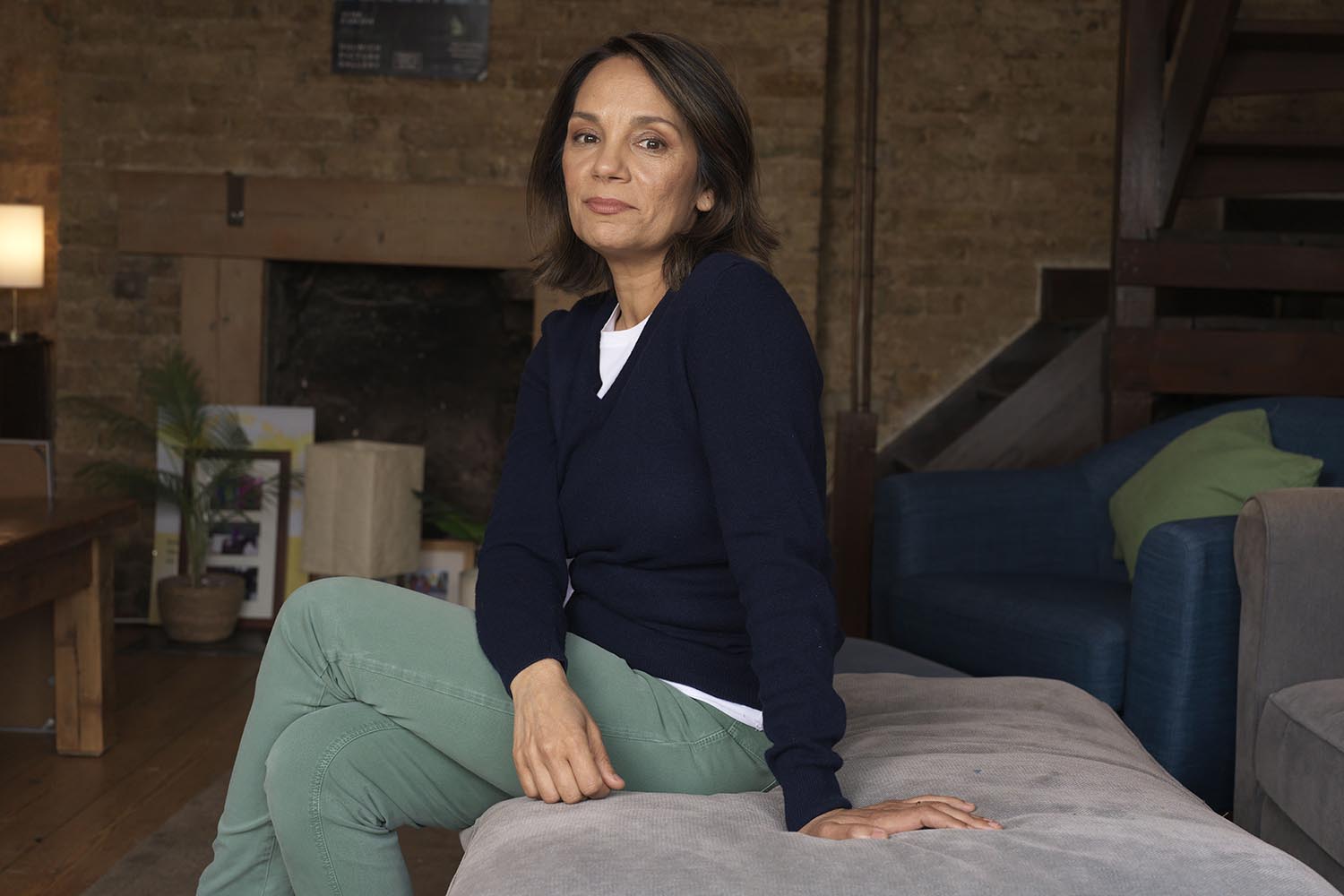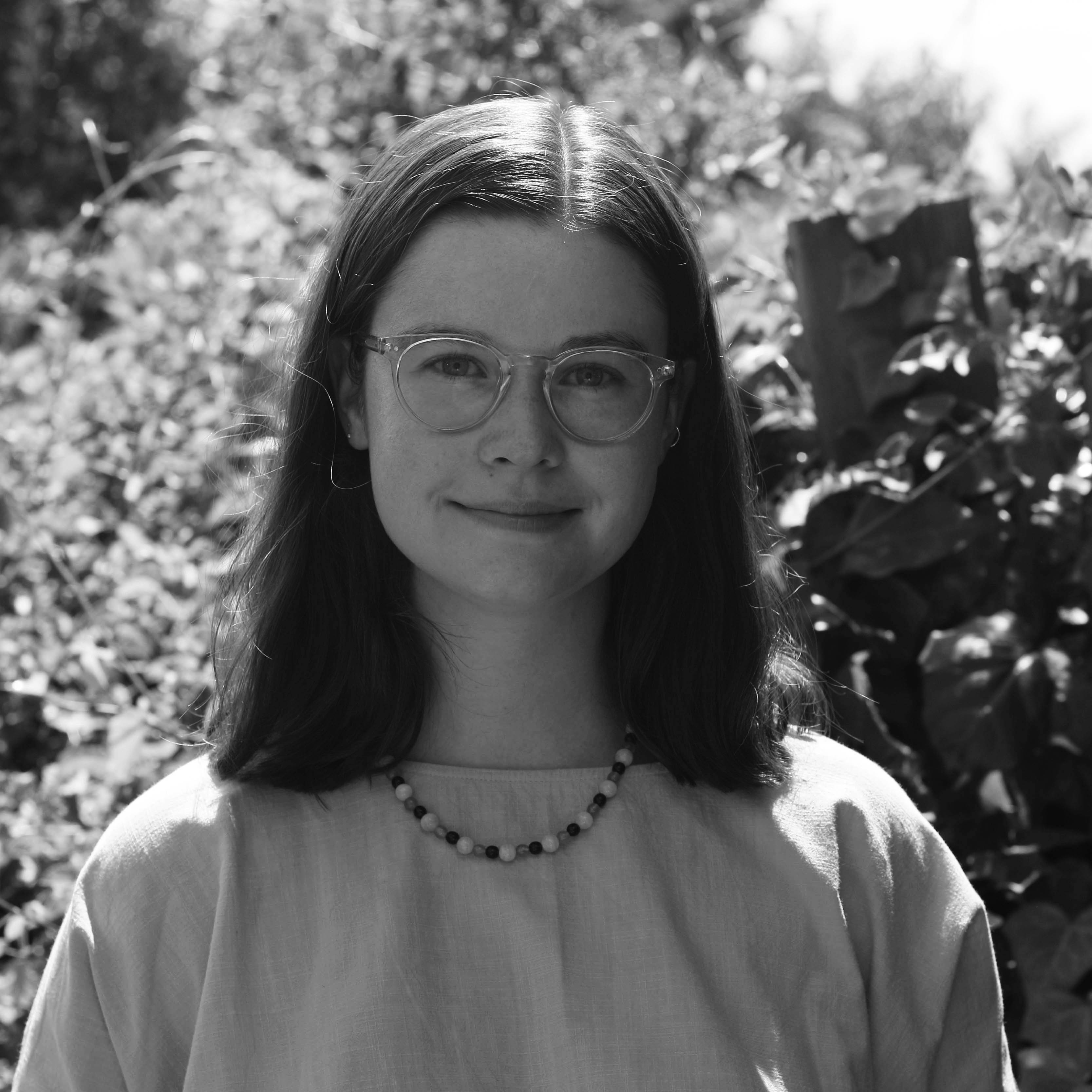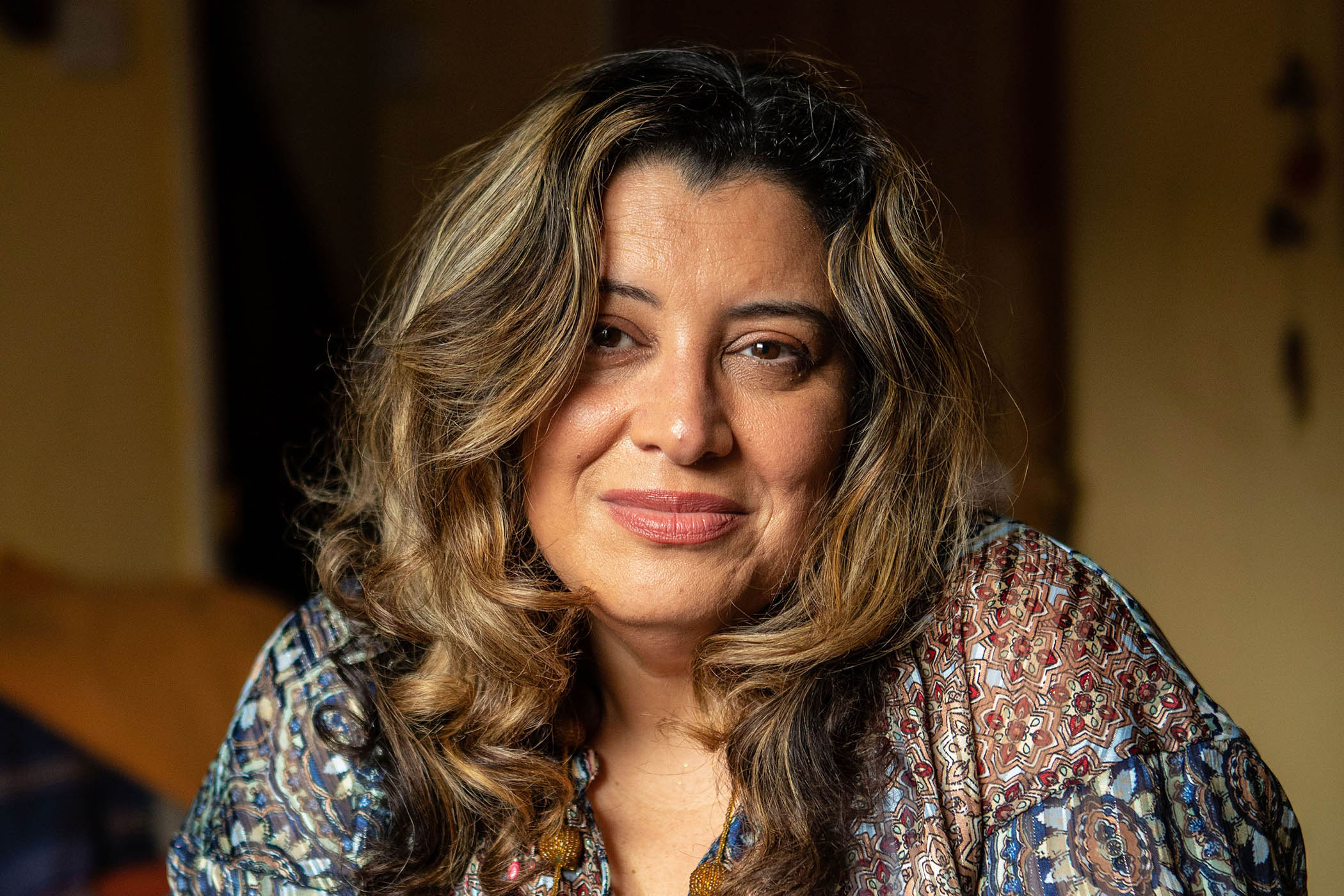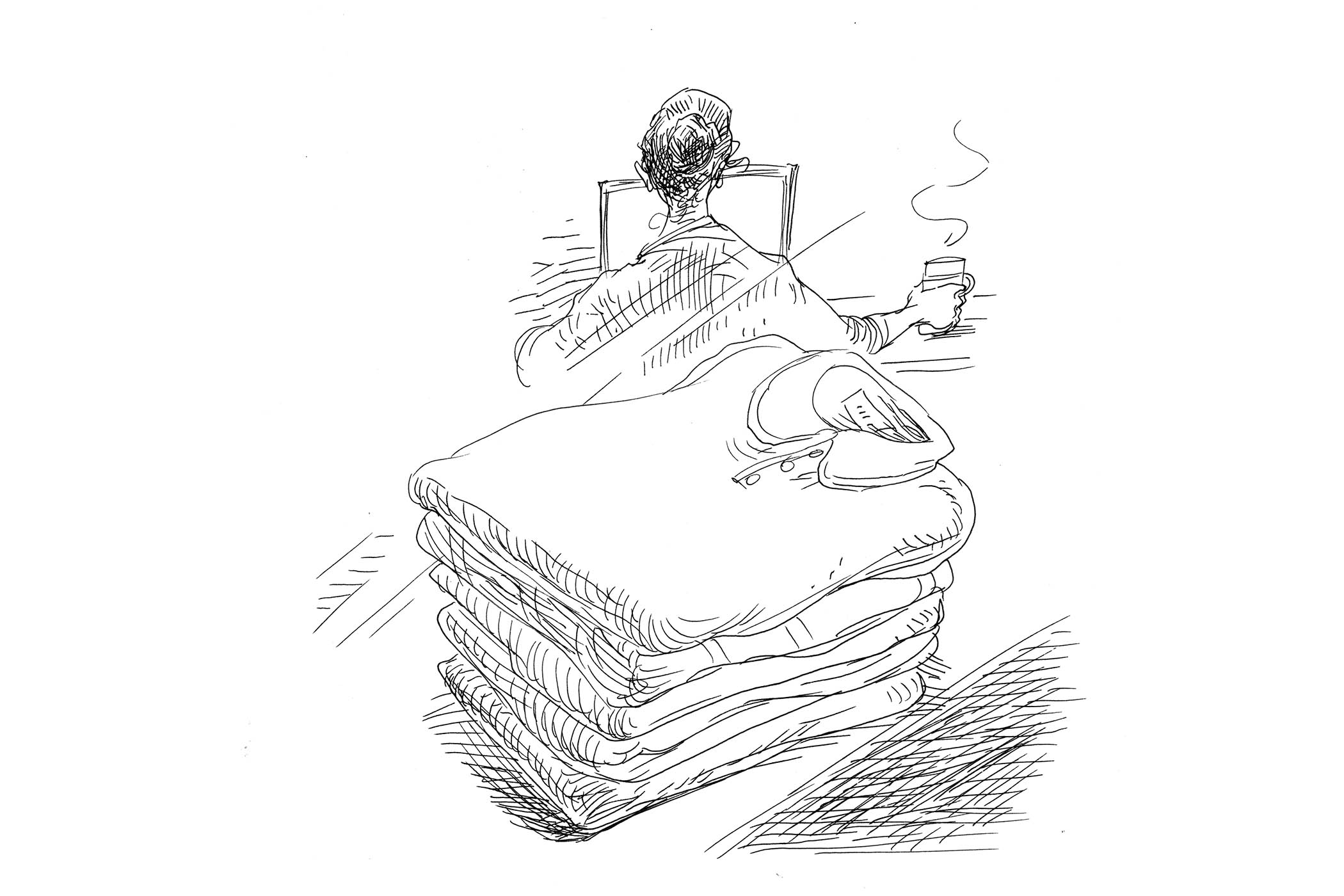Claire Adam, 51, was born in Trinidad and Tobago, studied at Brown University in the US and now lives in south-east London. Her debut novel, Golden Child, won the 2019 Desmond Elliott prize and was listed by the BBC as one of its “100 novels that shaped our world”. Adam’s second novel, Love Forms (Faber), begins in Trinidad in 1980, when 16-year-old Dawn becomes pregnant and travels to a house run by nuns in Venezuela to have her baby in secret. Now a middle-aged woman living in the UK, Dawn longs to know the daughter she left behind.
Is the idea of pregnant Trinidadian girls going to Venezuela based in fact?
Trinidad is really close to Venezuela and there have always been illegal movements back and forth. The novel is not based on a real story but it’s set in a period that I knew. To be pregnant at the age of 16 at that time, I thought, this is what her parents would do – they would send her away. Because Trini is so small. People would try and hide their pregnancies, but everybody knows who you are. The only way to really become invisible is to go abroad.
There’s a dark undercurrent in the book – particularly in the scene where Dawn’s brother takes her to a morgue as a warning. Tell me about that.
Dawn had this beautiful life at home – I’ve been living away for so long, but I still say “home” for Trinidad – and then she was sent away. As she gets older, she keeps on trying to work back to what she did wrong. But one of the reasons she can’t go back is because Trinidad has changed. It’s a more dangerous place. Her family are like, “No, you’re better off in England.”
What brought about that change in Trinidad?
The short answer is drug trafficking. The oil crisis [of the 1970s] was huge. Before, we were rich, and then it tumbled, and people needed money from elsewhere. And with drugs, you have all the terrible things that come with it – gun money, gangs. It never used to be this bad. This is something I wrestle with as an adult.
How did growing up in Trinidad shape you as a writer?
It’s a culture of oral storytelling, and it’s a very social place. Here [in the UK], people are more inclined to sit in their house alone – we live in a cold country, so we live in these enclosed spaces. In hot countries, people are out and together, so [in Trinidad] we grew up with storytelling everywhere. The other thing is we’re quite bold. Political correctness has not come to Trini. People say what they want and don’t care who it offends. That’s good for storytellers. You feel a lot of freedom.
Which Caribbean authors most influenced you when you were growing up?
Newsletters
Choose the newsletters you want to receive
View more
For information about how The Observer protects your data, read our Privacy Policy
Derek Walcott, whose plays we studied at school. Earl Lovelace, who is 89 now. There’s a literary festival at home and he comes every year. He wears all white, and we just love him. And Michael Anthony, a Trinidadian who wrote a lot, but didn’t break through. I must have talked about wanting to be a writer when I was young because, when I was about 14, somebody said: “Claire must go and see Michael Anthony.” So I visited him at his house. He was different from other people because of the quality of his concentration – that is one of the things that made me think, “Oh yes, that’s what it means to be a writer.”
What keeps drawing you to stories of family?
Families are where we see each other close up. There’s nowhere to hide in families, and there are these long threads. It’s not just the present moment; you live with the consequences of other people’s decisions.
You started writing seriously after having children. How did that affect your work?
Having kids is a huge drain on your personal resources, as much as you love them. I think that’s what this book is about: motherhood is a burden, but it’s also a gift. That was one of the things I could draw on for this novel, which I wouldn’t have had if I’d started younger. I did try writing when I was younger. I tried a lot, but I wasn’t ready.
Which book most made you want to write?
Disgrace by JM Coetzee. We [writers] all talk about Disgrace as if it belongs to us. I feel it belongs to me too. I read Disgrace a zillion times when I was working on Golden Child. That was what I wanted to achieve. It’s clear like water; there’s no artifice.
Are there any books you regularly return to?
Housekeeping by Marilynne Robinson and The Enigma of Arrival by VS Naipaul. Because I didn’t study English literature, I feel like I’ve got all these gaps [in my reading] that I need to fill. Then, at other times, I think you just have to follow your instinct. I know most writers read all the time, and they talk about reading and writing as using the same muscle. I don’t. I need a lot of quiet. When I started to come on with my writing was when I was able to stop reading.
What’s your ideal writing routine?
I’m a night worker. Some writers do really well by working in the morning, and then they can socialise in the evening, right? I’m the opposite. I live in a flat, and it’s quite crowded. I have two kids, 16 and 18, so it’s exam year for us. I stress all day, and then come to a co-working space to write at night.
How long did it take you to write this novel?
I’m somebody who does a lot of drafts, so I tried many ways. I don’t know if I should say how many – I need to think about my image! But it’s hard work. With each draft, things became clearer. In the end it took five years. [Kazuo] Ishiguro takes five years, so I should think of myself as being in good company.
Love Forms is published by Faber on 16 June (£16.99). Pre-order a copy from observershop.co.uk. Delivery charges may apply
Photograph by Karen Robinson



